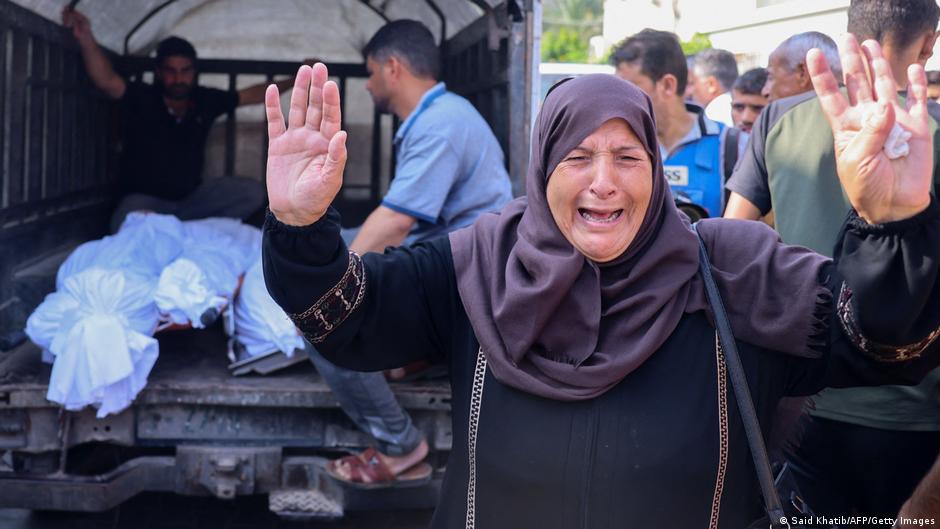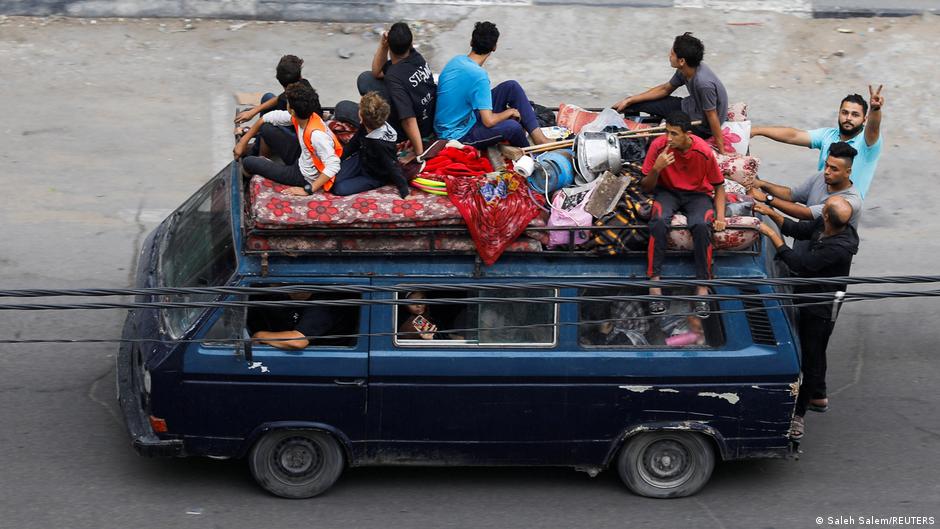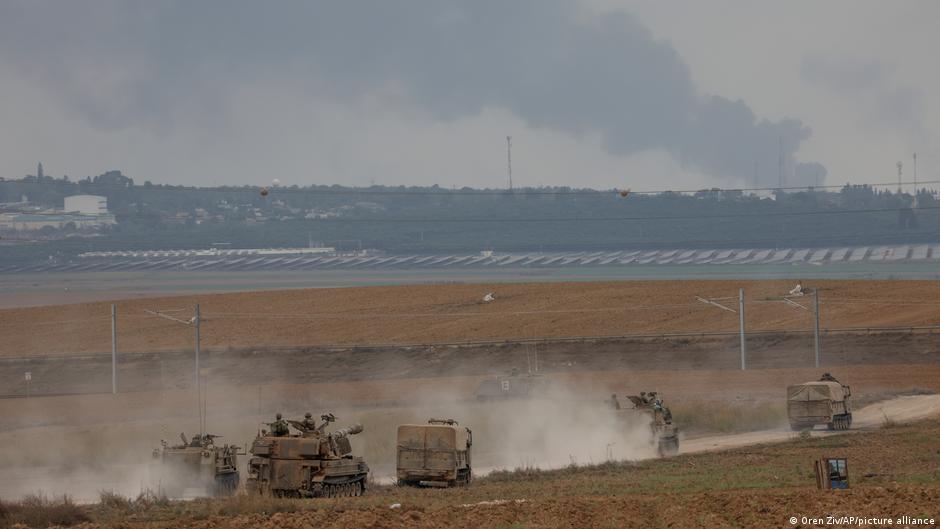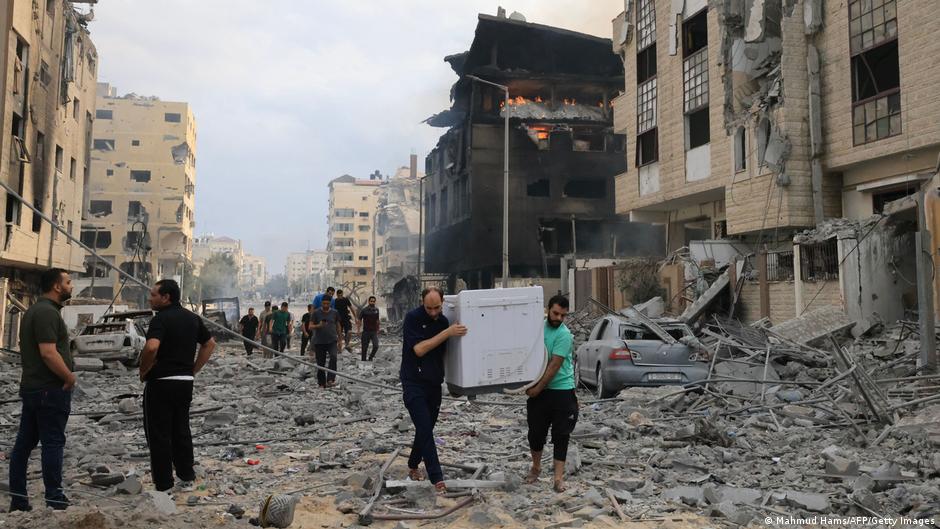Muslim sceptics, the West and democracy
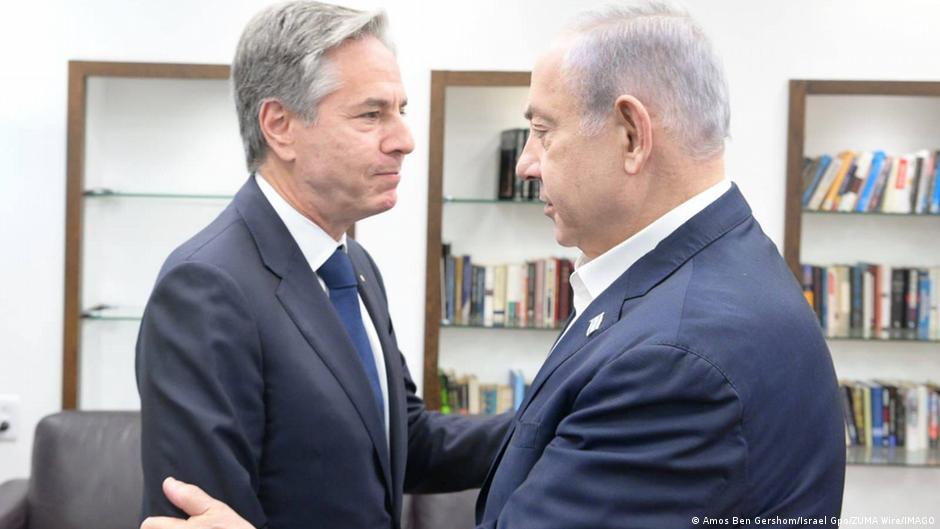
As a Turkish-born Muslim-American academic, I have engaged with Muslim scholars, intellectuals and activists in many countries, including Indonesia, Malaysia, and the Netherlands, where my writings have been translated; Morocco and Bosnia, which I visited three months ago; and Pakistan and Germany, both of which I am soon to visit.
My Muslim friends rarely agree – some are secularists, while others are Islamists; some support LGBTQ rights fully, while others have reservations. Yet, there is one exception: they all regard Western governments' unconditional support of Israel's military campaign in Gaza, not to mention its ongoing occupation of the West Bank, as proof that these states do not really respect human rights.
For them, the West's emphasis on democracy and human rights is a strategic discourse; what these governments are really interested in when it comes to international relations is power and hegemony.
Certain legal and executive bans proposed by some Western governments in an attempt to silence those critical of Israel are exacerbating this perception. During the blasphemy debates, the West rightly stressed the importance of free speech. Now, they seem to be telling Muslims this: free speech is important when someone denigrates religious symbols, but you cannot use free speech to criticise the Israeli government.
Palestinians in Gaza experience death and despair
9/11 lessons?
A few years ago, when I presented Western progress as a model for Muslim societies pursuing democratisation and socioeconomic development, many claimed I was underestimating Western colonialism and imperialism.
I nevertheless maintained an appreciation of Western democracy, challenging anti-Westernism in my writings and speeches. One recent interview I gave with a Bosnian newspaper, for example, bore the headline: "Western Values and Islam Are Compatible".
When my Muslim interlocutors mentioned the negative fallout from the U.S. invasions of Iraq and Afghanistan, I told them these were mistakes made following the 9/11 attacks and that the U.S. had learnt lessons from them.
In fact, when Qantara.de asked me to analyse the twentieth anniversary of 9/11, I wrote an optimistic essay on the overall U.S. success in integrating its Muslim minority into mainstream American society.
Recent events, however, appear to be validating the arguments of my critics. Am I still optimistic? It depends on the possible trajectories of future events.
Alternative future scenarios
There would seem to be two potential future scenarios. One is the dominance of cynicism among Muslims towards democracy as a Western institution.
This will likely entrench authoritarianism in the Muslim world. Muslim advocates of liberalism and democracy will be further marginalised by the Islamists, nationalists and other supporters of authoritarian alternatives, cementing the already existing problem of anti-Westernism in many Muslim societies.
Burgeoning negativity across the Muslim world does not bode well for the West. In terms of geopolitics, the rise in polarisation will reinvigorate the "clash of civilisations" thesis. Russia and China will expand their influence on Muslim countries.
When it comes to domestic policy in Western countries, right-wing populist parties stand to benefit the most. They will enjoy increased support, while the integration of Muslim citizens into Western societies will backslide. Both developments will weaken democracy in the West.
Yet there is an alternative, more proactive, scenario, in which Muslims appreciate democracy and human rights as universal values, even if they are not held dear by certain Western governments. This will put an end to the debate on whether democratisation implies imitating the West for Muslim-majority countries. A more democratic approach will also help Muslim minorities' integration into Western societies.
A proactive scenario might well include working together with Jews and other non-Muslim groups to find a peaceful, diplomatic resolution to the Israeli-Palestinian conflict. In the United States, for example, some Jewish groups have actively protested against the war and called for a ceasefire.
The Black Lives Matter movement in the United States became effective because it was a broad coalition that included people of various identities. Similarly, if the lives of Palestinians are one day to carry more weight with Western governments, it will take the commitment of a broad cross-section of society.
© Qantara.de 2023
Ahmet T. Kuru is a professor of political science and director of the Center for Islamic and Arabic Studies at San Diego State University. He is the author of Islam, Authoritarianism, and Underdevelopment: A Global and Historical Comparison.





